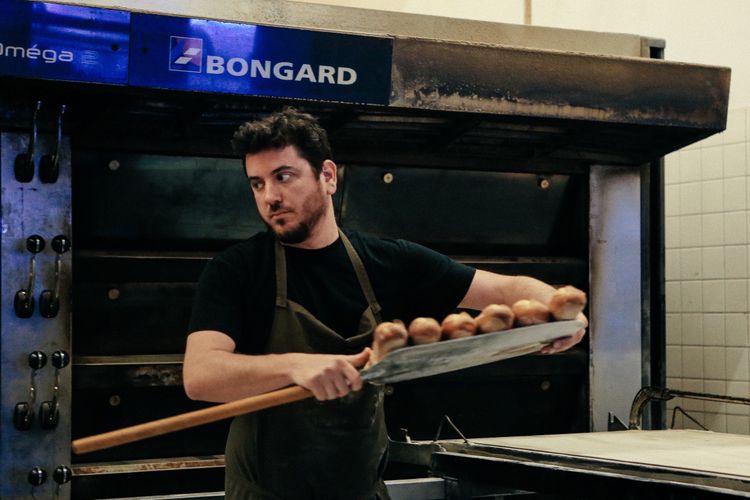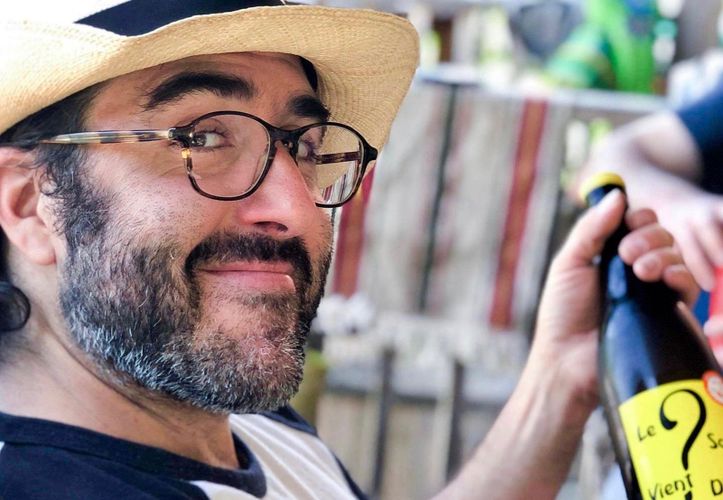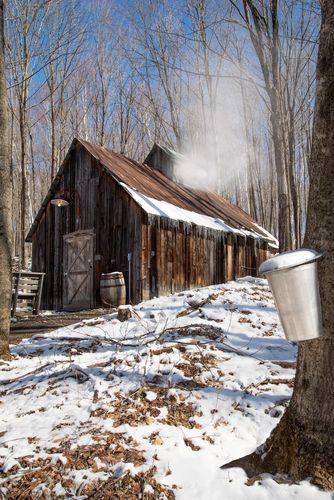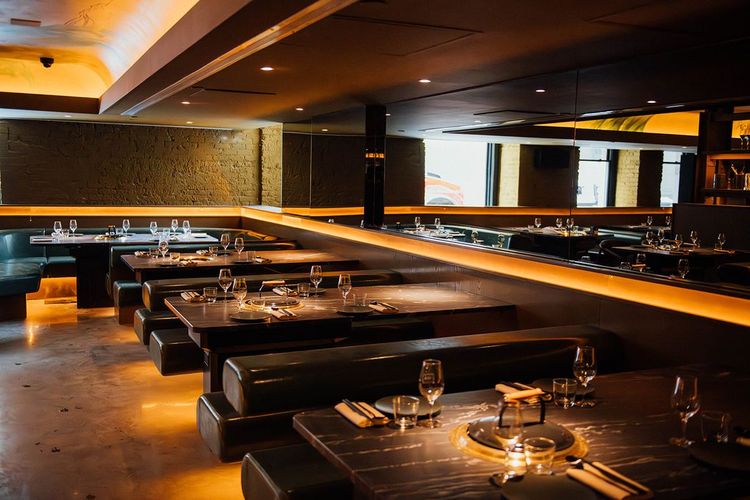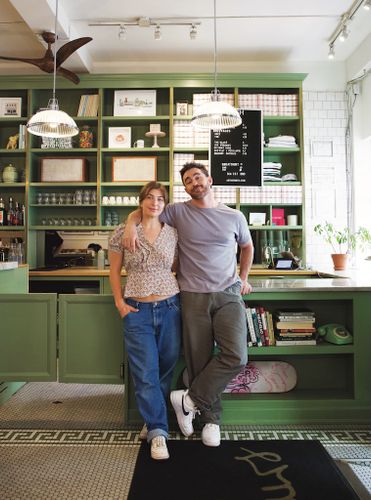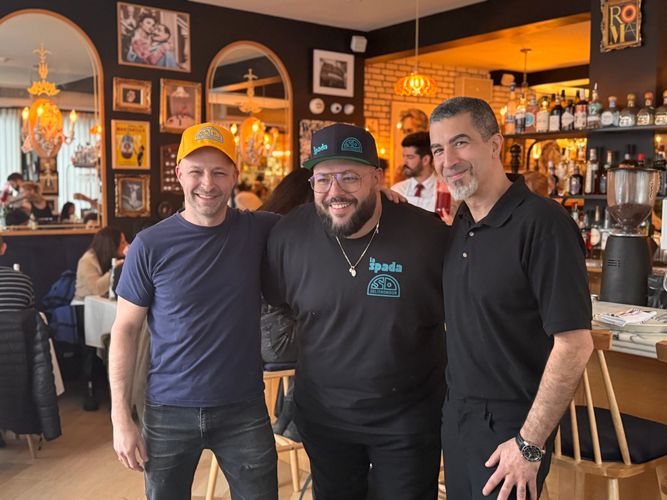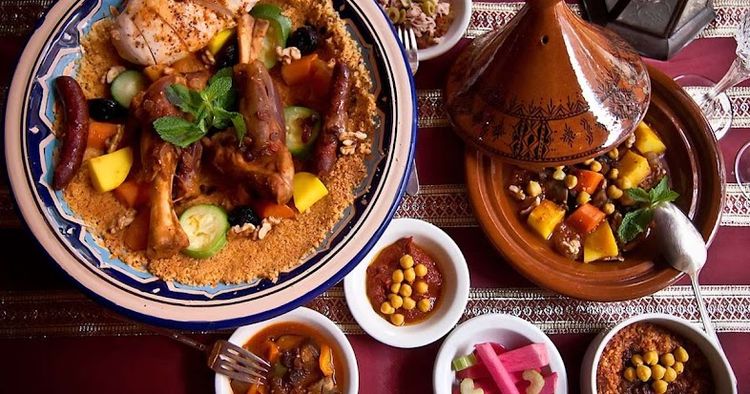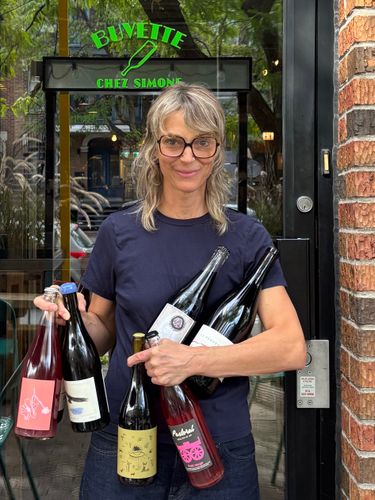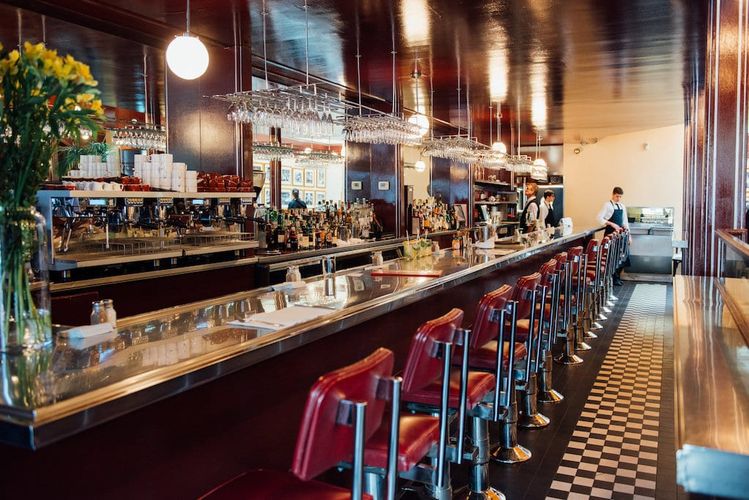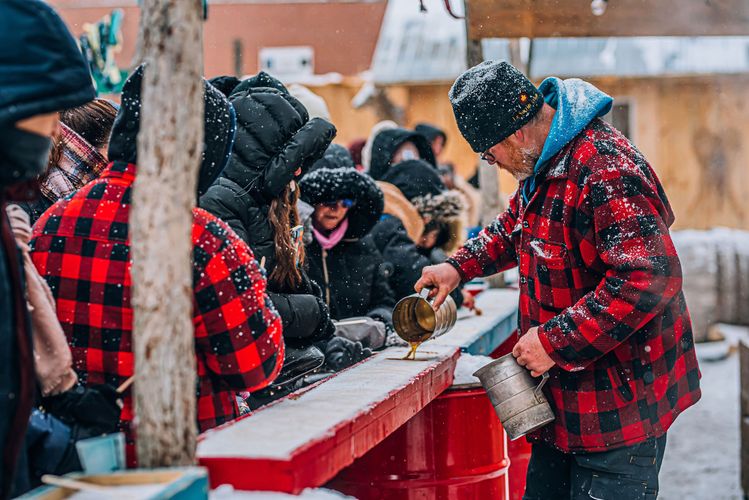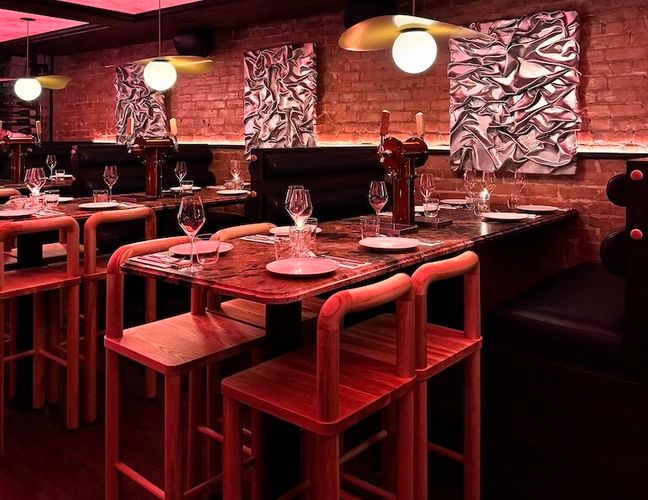
Discovering the Alsatian terroir
Produced in Bergheim in the heart of Alsace, the wines of Domaine Marcel Deiss are nothing like what we know of Alsace and its wines. As its owners like to call it, the estate is a “UFO in the Alsatian context”, which likes to experiment and break the rules.
The Alsatian vineyard surprises, attracts, astonishes, but above all becomes engraved in people’s minds because of the complexity and diversity of the terroir. It is distinguished by its unique and most diversified location on the hillsides of the communes of Rorschwihr, Bergheim, Ribeauvillé, Zellenberg, Riquewihr and Sigolsheim, in the heart of the Ribeauvillé fault zone. The Marcel Deiss estate was founded in the 18th century; for the last 40 years the family has made it their mission to develop a viticulture of place in Alsace.

The art of complantation “It’s where we come from, and it’s where we are going”
In fact, Mathieu and his father Jean-Michel are committed to creating real wines that are true reflections of the terroir. And so, they quickly moved away from traditional methods and became more interested in the strength of the terroir and the coexistence of grape varieties.
The estate chose to make the grape varieties “live together” to favour the expression of the terroir and the taste of the place, as opposed to that of a particular grape variety. This process is called “complantation” and is designed to make different grape varieties live together on the same soil. The estate’s Alsace Complantation is the fruit of this little-known ancestral viticulture method that blends 13 Alsatian grape varieties, grown, harvested, and pressed simultaneously.
If this method seems modern in the Alsatian landscape, it nevertheless resonates with an ancestral viticultural know-how. “It’s where we come from and it’s where we’re going”; it’s a return to the essential, necessary for both the earth and the body. This model of agriculture allows the terroir to assert its own unique taste and distinction.
In doing so, the vineyard immediately deviates from the classic Alsatian model. If the choice of the complantation could make debate in the region, this counter-current method has, in its own way, revolutionized the perception that we have of Alsatian wines. The Domaine Marcel Deiss fights against the simplification and standardization of wines by the grape variety. It favours striking the harmony of different grape varieties and not the unique expression of a single varietal.
The vineyards of Alsace, as elsewhere, are also directly impacted by global warming. In this context, complantation is a precious ally. Contrary to monocultures, this method champions biodiversity within the rows of vines, which helps to minimize the impact of climatic changes, brings stability to the vines, and ensures a consistent harvest.
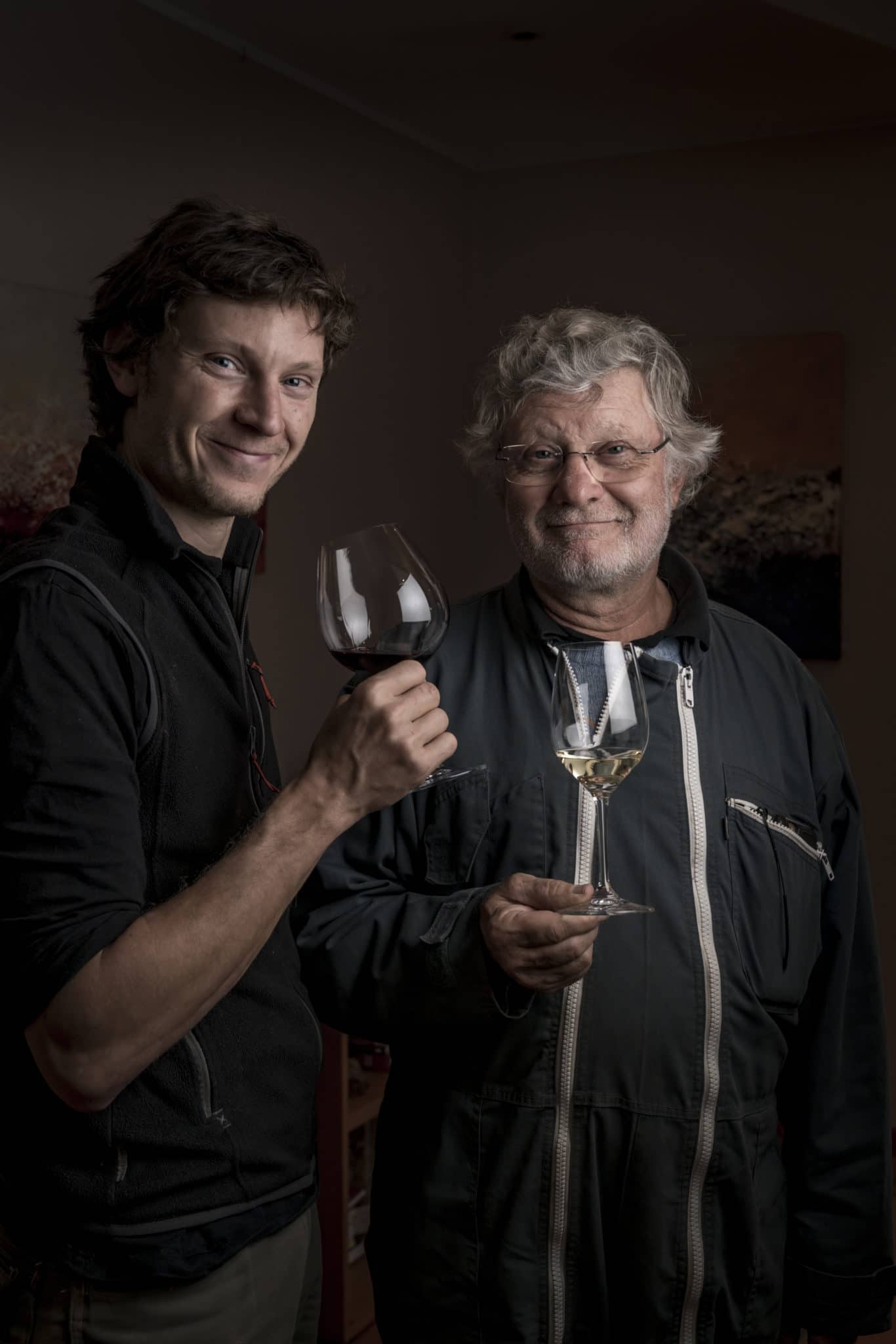
A naturalist approach from father to son
Domaine Marcel Deiss is one of the precursors of biodynamic viticulture in Alsace. In the 1980s, Jean-Michel was one of the pioneers of this philosophy. Today, his son Mathieu has taken over with the same approach, both ancestral and very contemporary.
The vineyard works biodynamically according to the principles of a “viticulture of the living”, in order to restore the best expression of the terroir, where the originality and uniqueness are found. The Deiss family speaks of a “root work of the plant” with a deep desire to let nature and the soil do its work, but above all, to let them express themselves. Their naturalist approach excludes all synthetic products in the vineyard environment, allows for a vinification without additives, and favours biodiversity in the heart of the vineyard. From father to son, the desire for a more qualitative and rustic production, respectful of the environment, is passed on, always with the objective of enhancing the footprint of the place.
“The terroir is a dark cellar whose entrance is the physiological maturity of the seed.”
A rustic dream
According to Mathieu Deiss, the winemaker is the perfect meeting of the farmer, who works the land, and the poet, who expresses the personality of a terroir through his wine. For Mathieu, as for his father before him, wine is an object of reflection, open to multiple interpretations, and in this sense, deeply complex. The complantation becomes an art, and the wine a work of art.
The Alsace Complantation is a perfect illustration of this, and expresses with sincerity the dream of the winegrowers who produce it. A superb ode to the history of Alsace and its unique terroir!
Discover the Alsace Complantation from Domaine Marcel Deiss available in the SAQ now.
Represented in Quebec by AOC & COMPAGNIE
Domaine Marcel Deiss Alsace Complantation 2018 | SAQ.COM product sheet.
Written by Inès Duguen
Photography by Masahiko Takeda
